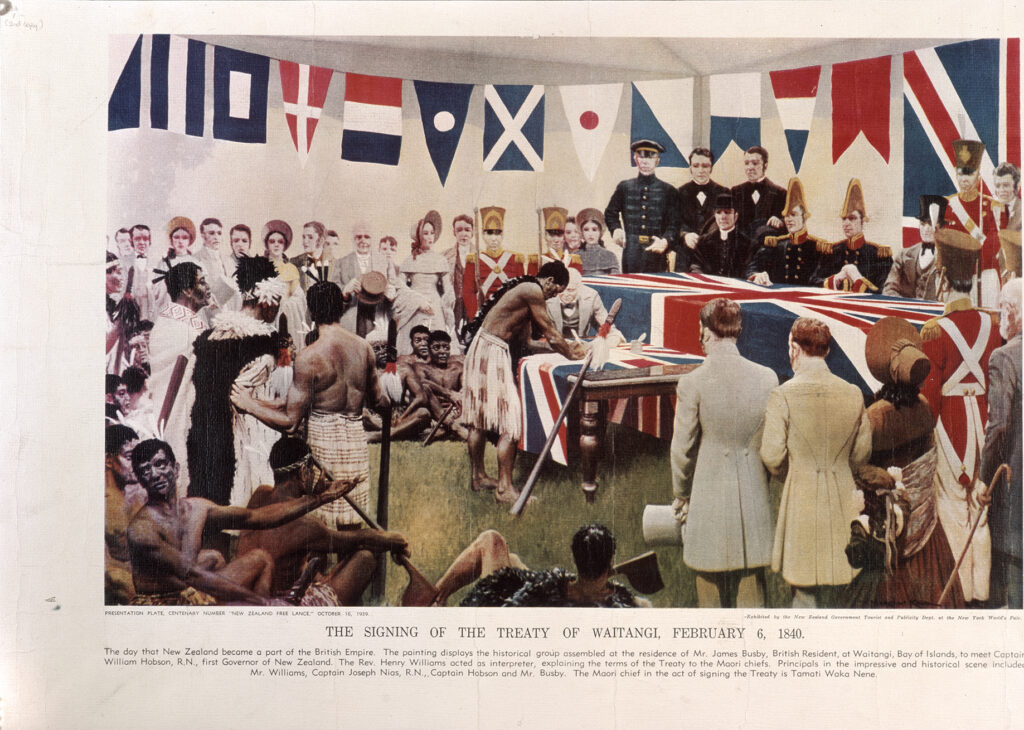7 January 2025
Tēnā koutou e Justice Select Committee members
My name is Dr Ruth De Souza (FACN). I am writing this submission as an individual New Zealand citizen.
I write this as a Registered Nurse, educator, and a migrant to Aotearoa New Zealand (Tangata Tiriti). Te Tiriti has acted as my family’s passport to live in Aotearoa, New Zealand. My submission focuses on the impacts of the Treaty Principles Bill on health policy and outcomes. I add my voice to those of Māori friends (Tina Ngata) and colleagues (Hāpai Te Hauora), migrant allies (Asians in Support of Tino Rangatiratanga ASTR) and other health organisations including The Nursing Council Of New Zealand, The Public Health Communication Centre, The College of Nurses Aotearoa, General Practice New Zealand (GPNZ), The Australasian College for Emergency Medicine (ACEM), and The Royal Australasian College of Physicians.
In my 40-year career as a nurse and nurse educator, I have seen firsthand the impacts of the breaches of the Treaty in the form of health inequities (unjust and preventable harms) and structural discrimination experienced by tangata whenua in Aotearoa. The Waitangi Tribunal, released a report in 2019 (WAI 2575) which found that the Crown has systematically contravened obligations under te Tiriti across the health sector (Came et al., 2020).
The Articles of Te Tiriti o Waitangi have been synthesized into a set of principles premised on the most recent Waitangi Tribunal Claim – Wai 2575: the Health Services and Outcomes Inquiry [also see Nursing Council and The College of Nurses Aotearoa]. They include:
- Tino Rangatiratanga: The principle of Māori self-determination and mana motuhake.
- Pātuitanga: The principle of partnership – working together.
- Mana Taurite: The principle of equity – a commitment to achieving equitable health outcomes for Māori.
- Whakamarumarutia: The principle of active protection – being well informed on the extent, and nature, of both Māori health outcomes and efforts to achieve Māori health equity through culturally safe nursing practices.
- Kōwhiringa: The principle of options –ensuring that all work is provided in a culturally appropriate way that recognises and supports expressions of te ao Māori.
In healthcare, there is overwhelming evidence that Māori experience structural disadvantage across a wide range of health and social indicators, and the principles derived from Wai 2575 provide an important framework for redress. The Bill promulgates a false narrative that Māori are unfairly advantaged, and denies the existence of racism. The Bill will remove the guarantee of Māori self-determination in the design, delivery, and monitoring of health services (ACEM) that is essential for the maintenance of Maori health and wellbeing.
Therefore, I vehemently oppose the divisive and harmful Treaty Principles Bill for the following reasons:
- The proposed principles diminish the mana of Te Tiriti o Waitangi, a “sacred and generous” agreement (Asians in Support of Tino Rangatiratanga ASTR) that, as the Waitangi Tribunal in 2014 elaborated, allowed immigration to Aotearoa New Zealand and the establishment of the New Zealand government while upholding tino rangatiratanga (sovereignty) for Māori.
- It proposes the most comprehensive breach of the Treaty to date. The Waitangi Tribunal has found that the Crown has breached the Treaty principles of partnership and reciprocity; active protection; good government; equity; redress; and the Article 2 guarantee of rangatiratanga.
- The Bill will exacerbate existing breaches of the agreement between the British Crown and Rangatira who signed Te Tiriti o Waitangi in 1840, as well as undermine historical efforts by the Crown to address breaches since it was signed. For one party to a treaty to try to change the terms of that treaty without seeking agreement from the other parties is an act of appalling bad faith. The Crown has pursued this Bill without formal engagement or discussion with Māori, who have the distinct status as indigenous people of Aotearoa New Zealand.
- The proposition of the Bill has harmed the relationship between Tangata Whenua and Tangata Tiriti and therefore broader social cohesion. This bill also dishonours the ancestors who signed Te Tiriti o Waitangi (Te Whare Tohu Tapuhi -The College of Nurses Aotearoa).
- If passed, I believe that the Treaty Principles Bill will remove the rights of iwi, hapū, and Māori that are enshrined in New Zealand and international law, and cause racialised harm to Māori by jeopardising Māori health outcomes.
- The Bill is a dangerous distraction from work toward social and economic equality and achieving equity goals in health [see ACEM and The College of Nurses Aotearoa], and [Asians in Support of Tino Rangatiratanga ASTR]. The radical reinterpretation of Te Tiriti o Waitangi to remove these principles from healthcare diminishes their role as an important legal and policy mechanism for recognising Māori rights and addressing inequity.
My recommendations in relation to the Bill are as follows:
- The government should abandon The Principles of Treaty Bill. The Bill will exacerbate existing health disparities between Māori and non-Māori.
- No referendum. A referendum would be unhelpful for a good faith discussion, not only have Government parties created a hostile environment for a good faith conversation about Te Tiriti. A referendum would reduce complex legal, social, political, and constitutional issues to a yes or no proposition, where one side of the Treaty controls the vast majority of the resources to provide information.
- Apologise to Māori. The government should apologise to and engage with Māori to develop an effective and constructive process for further conversations about Te Tiriti o Waitangi.
Image credit: Marcus King, Reconstruction of the Signing of the Treaty of Waitangi 1840, 1939, photograph of painting. Archives New Zealand Te Rua Mahara o te Kāwanatanga via Flickr. CC BY 2.0.

